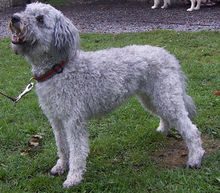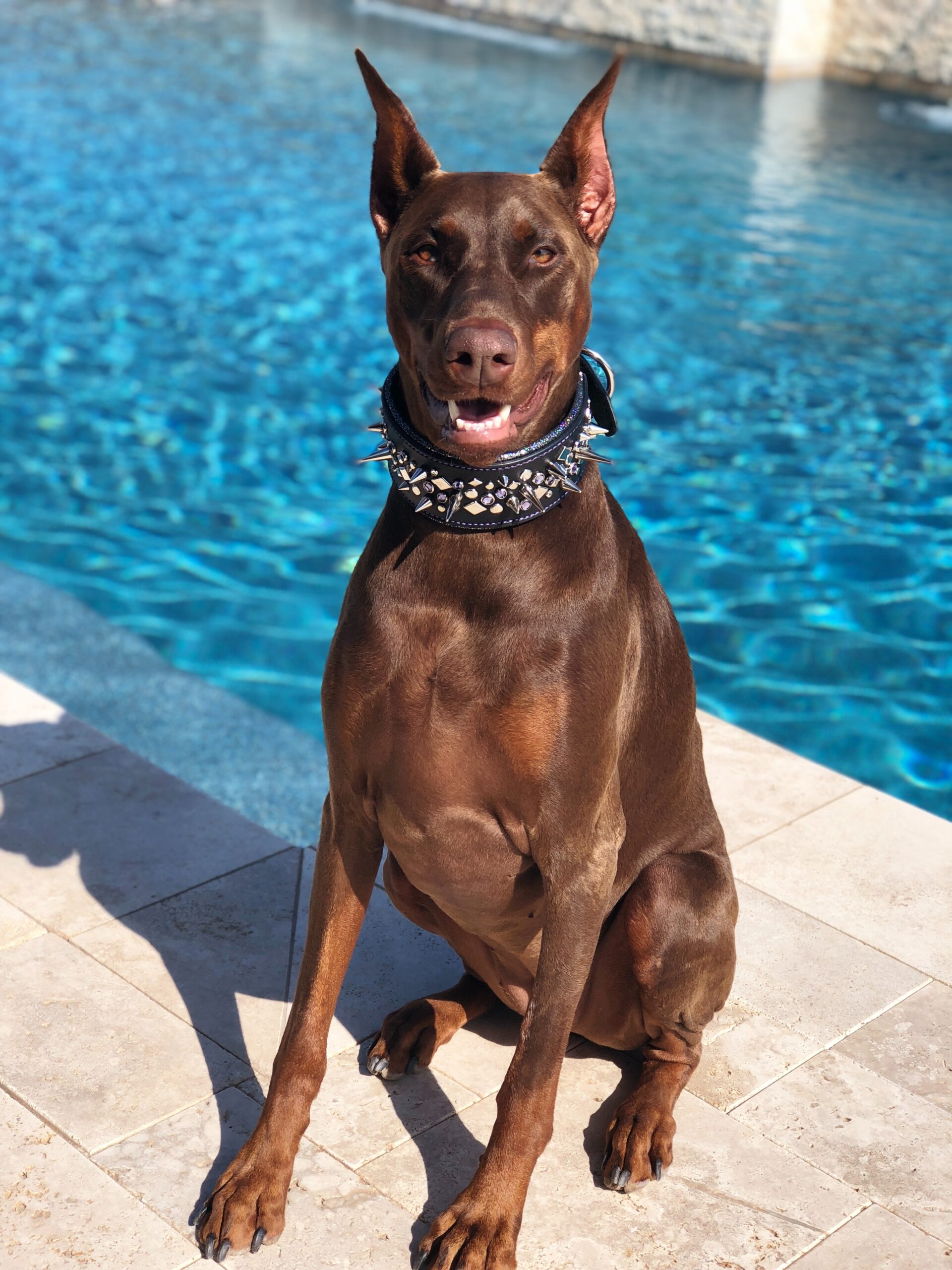
The Doberman Pinscher, often simply referred to as “Doberman,” is a breed distinguished by its sleek coat, muscular build, and regal stature. Originally developed in Germany by Louis Dobermann in the late 19th century, this breed was intended to serve as a loyal guard dog and companion. Known for its intelligence, loyalty, and often misunderstood assertiveness, the Doberman is a versatile working dog that excels in various roles, from police and military work to search and rescue operations. When properly trained and socialized from a young age, the Doberman can also be a gentle and affectionate family pet, deeply bonded to its household and always eager to protect its loved ones.
The Doberman Pinscher is a member of the AKC Working Group.
Breed Characteristics
| Dog Breed | Doberman Pinscher |
| Breed Popularity (AKC) | 15 |
| Country of Origin | Germany |
| Personality | Loyal, energetic, intelligent, protective |
| Life Expectancy | 10-12 yrs |
| Height | 24-28 in |
| Weight | 60-100 lbs |
| Color | Black, Red |
| Coat | short, shiny, smooth, close-lying |
| Shedding | Regularly |
| Grooming | Occasional Bath/Brush |
| Health Problems | Hip dysplasia, heart conditions, cancer |
| Trainability | Eager to Please |
| Exercise Needs | Needs Lots of Activity |
Doberman Pinscher History
Developed in the 1890s in Germany by a tax collector named Louis Dobermann, the Doberman Pinscher was bred to be a loyal guard and companion. It’s believed he mixed several breeds, including the Rottweiler, Greyhound, and Weimaraner, to achieve the desired characteristics of loyalty, intelligence, and physicality.
Temperament
Doberman Pinschers are known for their loyalty and protectiveness. Their intelligence is high, contributing to their impressive trainability. They are powerful dogs with a notable protective instinct, but when raised in a loving environment and properly socialized, they can be gentle and affectionate family members. Their energy level is robust, requiring regular exercise and mental stimulation. Early socialization is essential to manage their dominance and ensure they’re pet-friendly. They have a moderate to high barking tendency, especially when they sense a threat. Supervision is advised when they’re around unfamiliar children.
Remember, while breed traits provide a general idea, individual dogs can have personalities that differ from the breed standard. Always spend time getting to know the dog and ensure their needs and temperament align with your lifestyle.
Grooming Requirements
Dobermans have a short, sleek coat that requires minimal grooming. They do shed, so regular brushing will help keep their coat shiny and healthy. Bathing should be occasional, using a suitable dog shampoo. As with all breeds, regular grooming practices such as nail trimming and ear checks should be adhered to.
Doberman Pinscher Health
Doberman Pinschers typically have a lifespan of 10-13 years. They should be kept updated with vaccinations, deworming, and flea prevention. This breed can be susceptible to dilated cardiomyopathy, a heart condition. They also face risks of cervical vertebral instability. A high-quality dog food diet is crucial, and regular vet visits can ensure early detection of health issues.
Exercise Needs
Doberman Pinschers are robust and energetic. Regular long walks, playtime, and activities like fetch are essential to cater to their active nature. Their athleticism can be further channeled through agility training. Regular trips to the dog park also allow them to socialize, given their protective instincts.
Training
Doberman Pinschers are known for their loyalty and intelligence. Obedience training is paramount, ensuring their protective instincts are well-directed. Firm, consistent commands can aid in potty training. Crate training provides a structured environment, especially when they are young. Behavior problems, if any, should be tackled promptly, leveraging their eagerness to learn. Socialization from a young age ensures they are well-behaved in diverse situations.
Doberman Pinscher Pictures
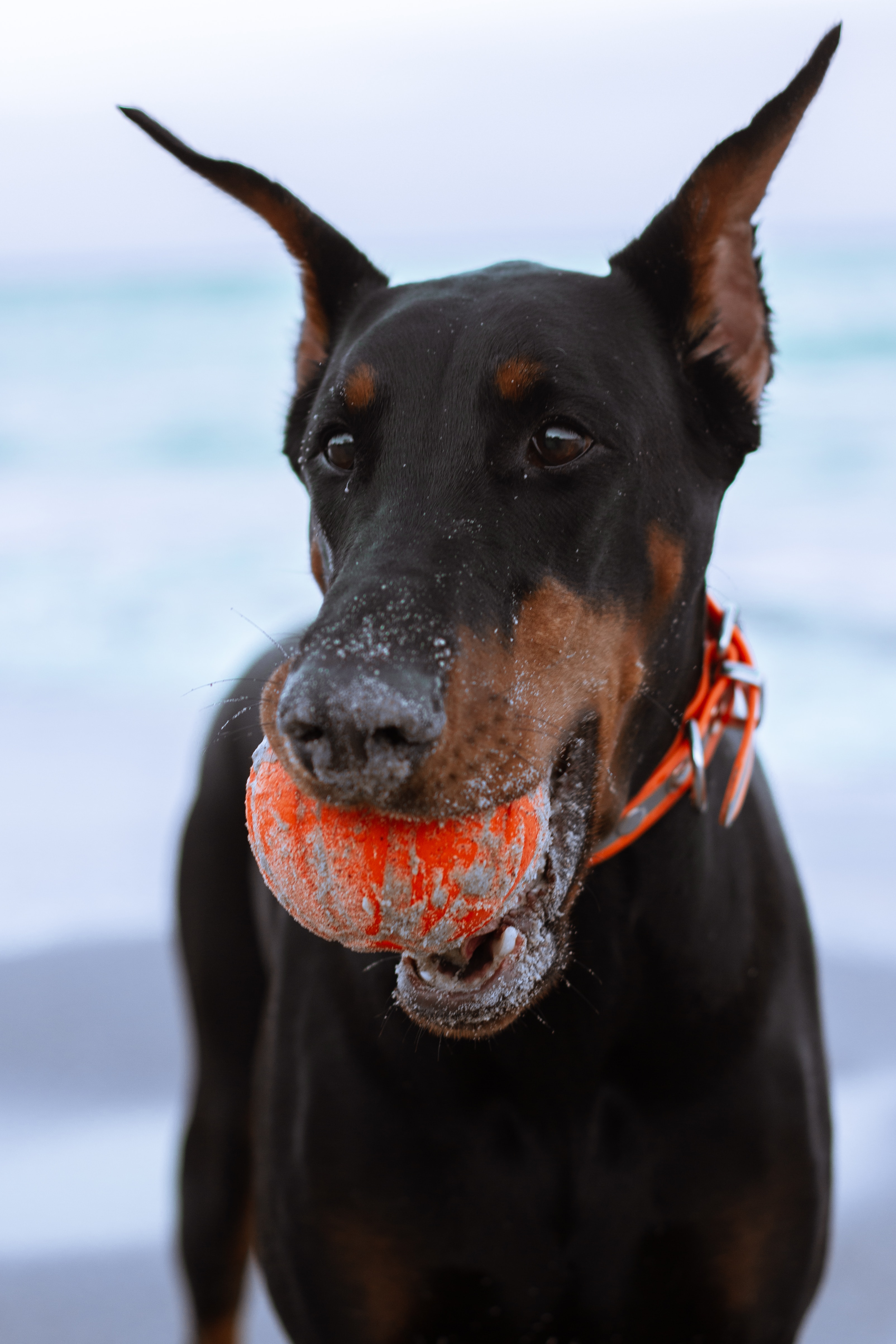
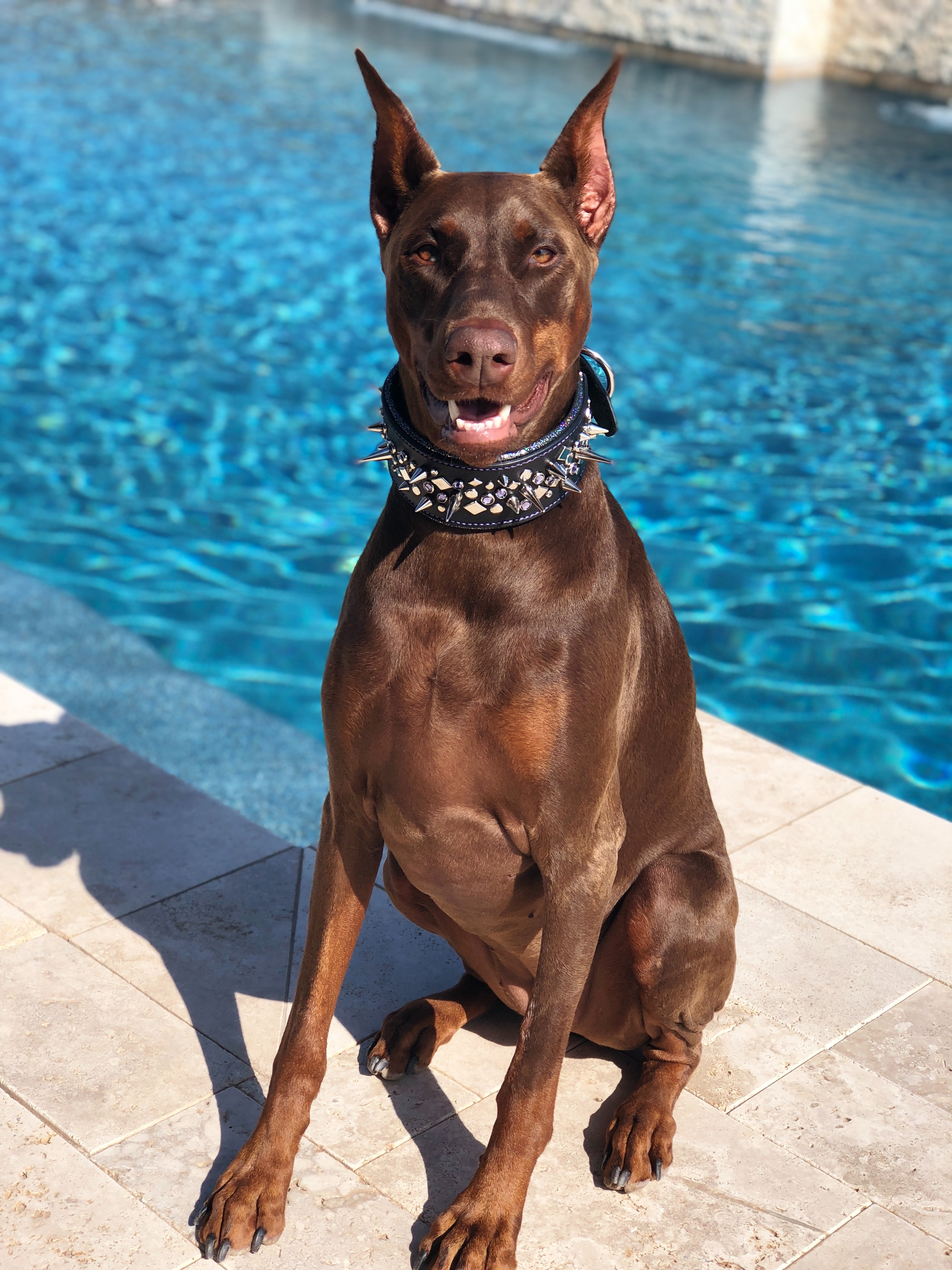
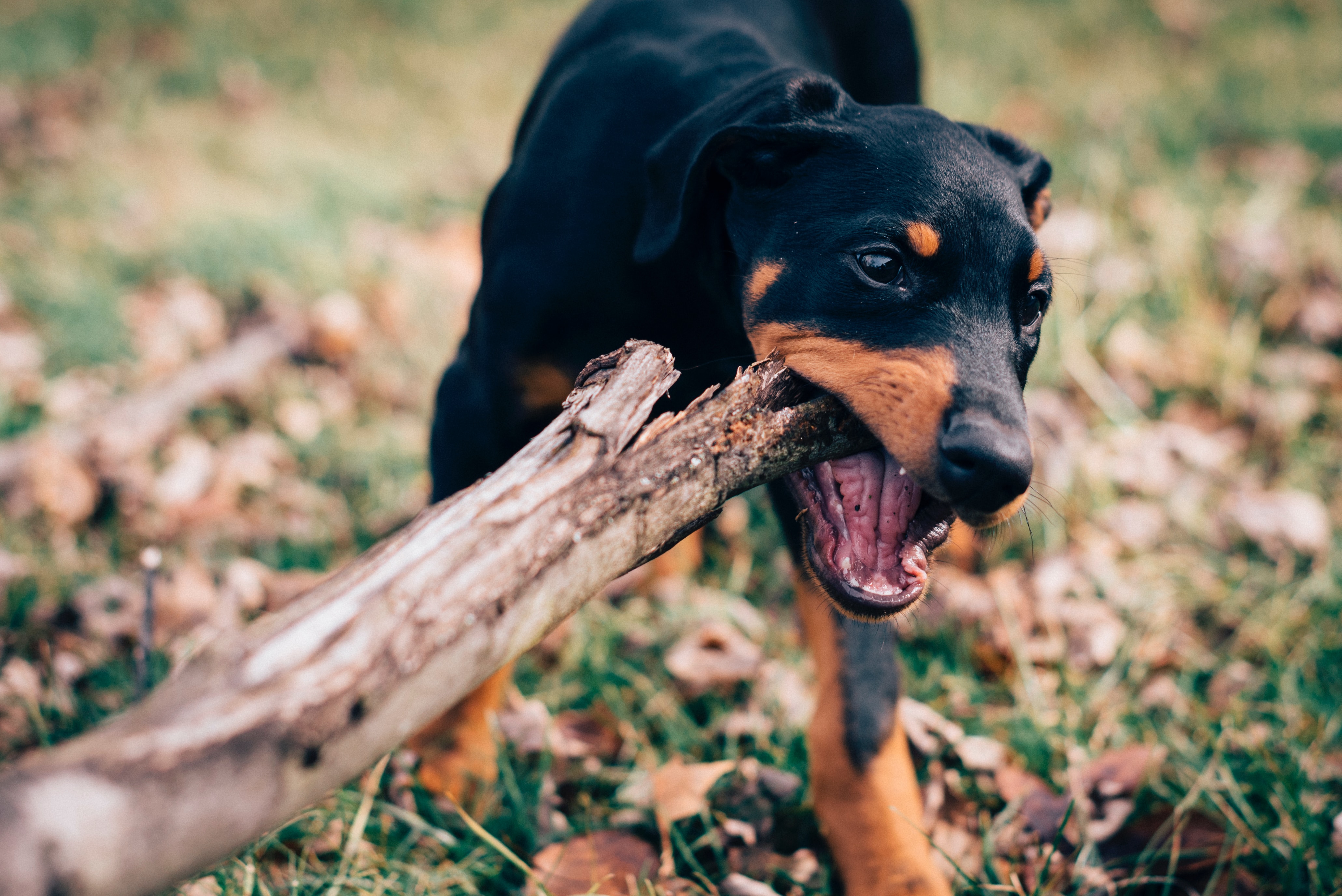
Related Dog Breeds
More Dog Resources
Are you thinking about getting a puppy? Make sure to check out our list of important questions to ask before you adopt a puppy.
We also have many resources to help, from naming your puppy to socialization resources and training tips.
Take me back to the Ultimate Guide to Dog Breeds

